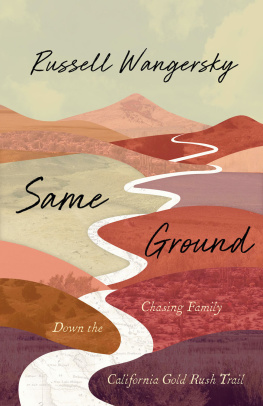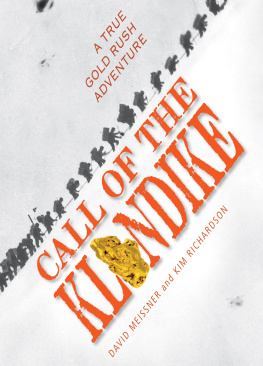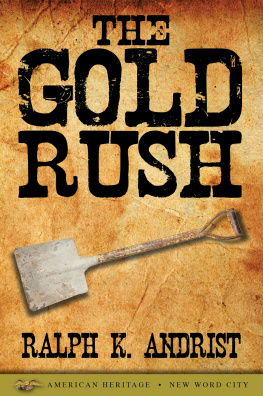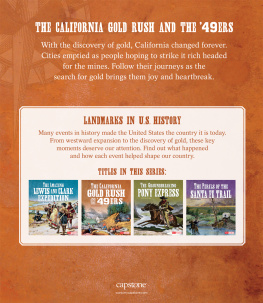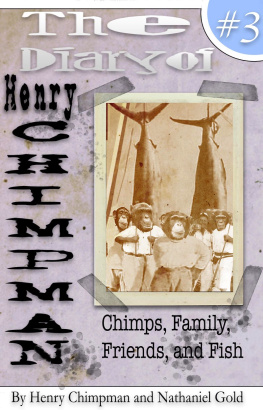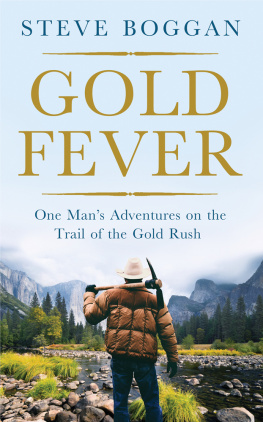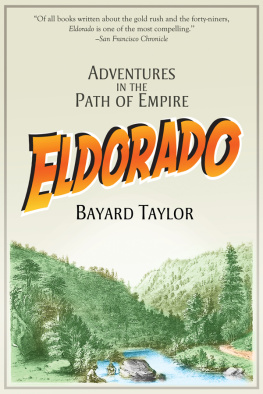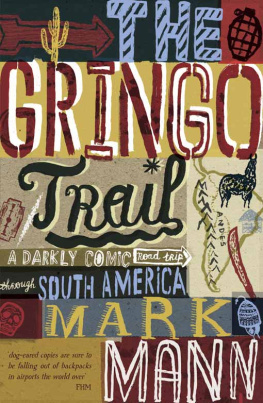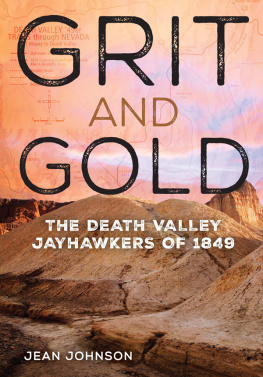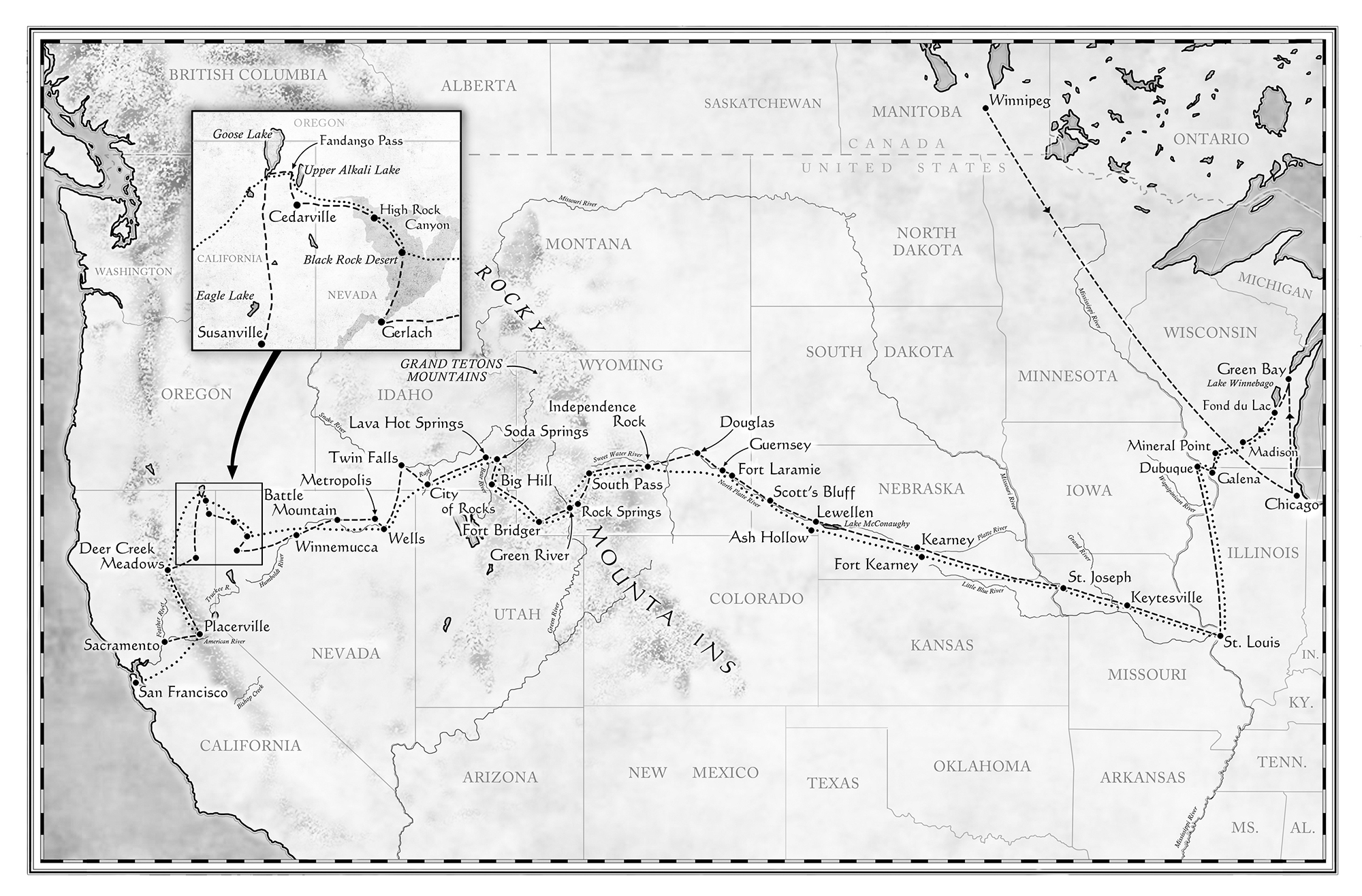Praise
Praise for Same Ground
I fell absolutely in love with Russell Wangerskys Same Ground. The charming sense of wry humor, the quest to understand family and find roots, the deeply moving search for meaning in the face of mortality, the sharp insights, the keen eye, the vicarious peeks into life on the Gold Rush Trail of 1849, the road trip with a purpose all of it makes for delightful company. What a ride! Id follow this literary voice anywhere.
Angie Abdou, author of This One Wild Life
Russell Wangersky is a natural-born storyteller, and he weaves together two starkly different, yet oddly complimentary journeys past and present, home and away and does so with great aplomb. Less a travel book than a palimpsest, Same Ground overlays the Gold Rush Trail of 49 with its modern equivalent, featuring cowboys and cardsharps, dodgy motels and tatty roadside attractions, the natural beauty of a slag pour, and towns that died of thirst. A thoughtful, meditative look at the open road and where it can lead us.
Will Ferguson, Giller Awardwinning author of 419 and The Finder
Russell Wangersky weaves the diary of his ancestors trek in 1849 with his own pursuit along the California Gold Rush Trail in a seamless tapestry that melds space and time. His theme is connection: his own lost family, the families he and his wife Leslie meet on the blue highways of America, the moms and pops who run the motels and the diners. Same Ground takes us on a wild chase into the uncharted territories of the heart.
Wayne Grady, author of The Good Father
Overlaid like a stereoscope, past and present give Wangerskys pilgrimage along the Gold Rush Trail vivid three-dimensional reality. His great-great-grandfathers diary is packed with fascinating detail, and the quest to see what he saw opens the old and the new west to our eyes. As the modern couple scuffles around in the desert, the road also reveals the anatomy of a marriage as all the best journeys do. A thoroughly enjoyable book.
Marina Endicott, author of The Difference
Praise for Russell Wangersky
Read him: Cross of Ishmael Reed and Lou Reed. Here be expert experimentalism: The dictionary exploded and reloaded; the canon fired and melted down.
George Elliott Clarke, author of I & I
[Russell] has a gift for astute observation, wisely chosen detail and characterization that nods in certain directions without forcing or pushing.
Joan Barfoot for London Free Press
With sympathy for both males and females, Whirl Away explores romance, disillusionment, money worries, infidelity, layoffs, and tipping points, quiet conflicts like butter simmering on a stove and about to angrily turn color and burn.
Mark Jarman for Globe and Mail on Giller Prizeshortlisted Whirl Away
A master storyteller with a keen eye for the critical details that bring his written descriptions to life as cinematic scenes.
Whats on Winnipeg on Burning Down the House
One of the most unsettling crime novels Ive read this year... Wangersky can write extraordinarily well in a number of disciplines, so its only reasonable to expect that, when turning his attention to psychological suspense, hed excel at this, too.
Sarah Weinman for National Post on Walt
Dedication
For my father, Peter John Wangersky. I wish you were still here to read this.
Opening
Its like watching dominoes fall, like a science fiction movie, every member of my mothers side of the family toppling over and turning to dust. No, less than dust to nothing, as if theyd never been.
Its all because of the simplest of things: my wife saying, If William Dodge had died out here, none of you would ever even have been born.
And we wouldnt: if hed been bitten by a rattlesnake (he almost was) or shot (he almost was) or died of influenza (he almost did), that would have been it right there. That whole side of my family, and me and my children simply would never have been.
But he wasnt. So we were, and we are.
She says it to me first as we sit deep in the blazing High Rock Canyon in Nevada, in the heat-shimmer and dust and scarcity of it, and she says it again as we pass beside the big blue bowl of Walker Lake, heading south toward Vegas.
We drive through an artillery base, the ground on both sides of the road hummocked with row after row of ammunition bunkers the Hawthorne Army Depot, 2,400 ammunition bunkers the ground pimpled with mounds of high explosives all around us. I cant help but suddenly feel just as unsafe as my great-great-grandfather must have felt in 1849.
Ive been thinking a lot about risk, about how were all just binary switches in the great computer of the universe. Ones and zeros, switches that are either turned on or turned off. That, if North Korea wanted to make a point, the 147,000 acres that comprise the largest ammunition depot in the world might be the right place to start. Ironic that the road were driving on is named the Veterans Memorial Highway.
There isnt any safe ground out here.
Road crews work in the crushing heat, laying down asphalt that runs to the very horizon. Tanker trucks spread water to hold the dust down. We pass a massive array of solar mirrors, directing the bright sun to a collector atop a tower at the centre of the mirrored circle, a tower looking for all the world like the Eye of Sauron.
We pass the eerie Clown Motel on the high ground at Tonopah.
This may feel like the beginning of a story.
Its actually the end.
The beginning is next.
Introduction
I wrote these few paragraphs at the very beginning of a trip that would carry me across much of the United States, retracing a trail that is sometimes invisible, other times etched distinctly as a set of wheel ruts.
My parents didnt so much cut down the family tree as they cut it down and pulled the stump right up from the ground, moving us far north to another country, leaving behind the family universe of uncles, aunts, and cousins. They did it for opportunity, for sure, and to escape the yoke that families often are. Then, work undone it seems, our nuclear family three boys, two parents split again, spread right across the northern hemisphere of North America.
When I go to others family gatherings, I circle the edges like Pluto, out there on the very edge of the solar system. I cant help but feel the gravitational attraction, the sense that I am missing something integral.
Now I find myself on an airplane, heading south to a country I was born in but have no claim to, in search of a relative tantalizingly close, if in no other way than by his words. And words? I know that family well.
My father, Peter John Wangersky, had told me for years that I should read my great-great-grandfather William Castle Dodges gold rush diary. Dad had taken the time to not just read the diary but to correct a decades-old typed version and make a new copy. Hed made that effort, though Dodge was my mothers great-grandfather, not his own. Perhaps like me, my father an only child whose parents had emigrated from a small village that Stalin soon razed had the desire to find roots in familial connection, no matter how tenuous. To track backwards through that most-constant of human pursuits picking up the path of those whove moved on, en route to better opportunities.

